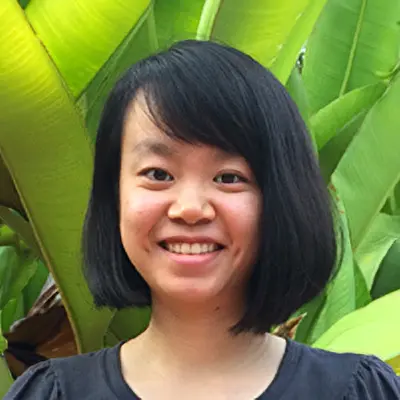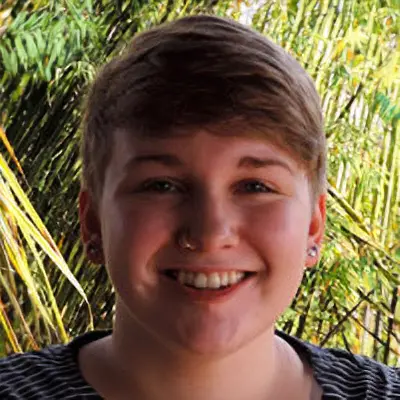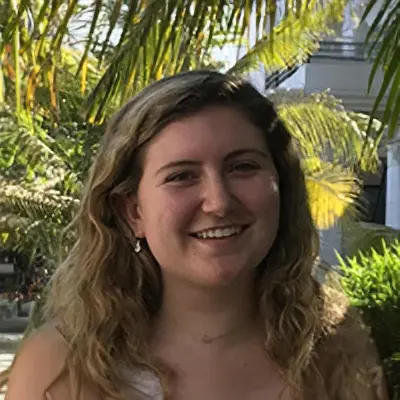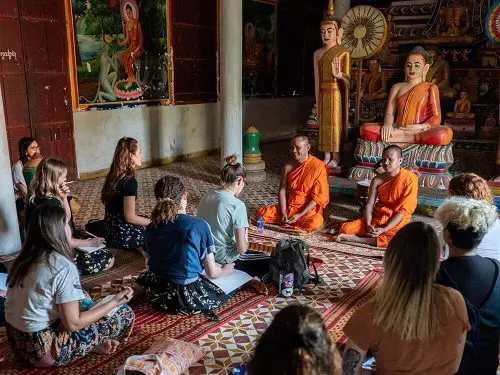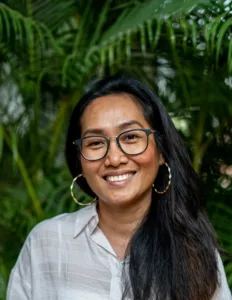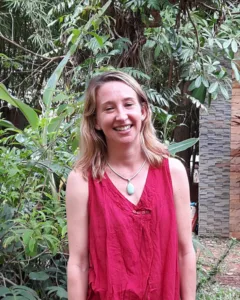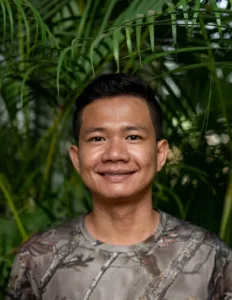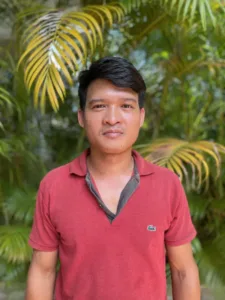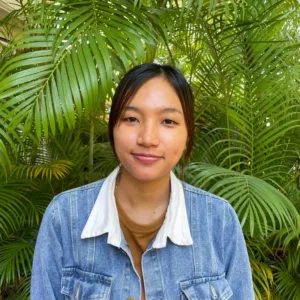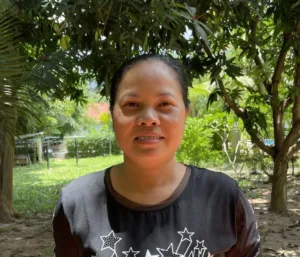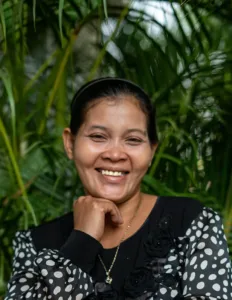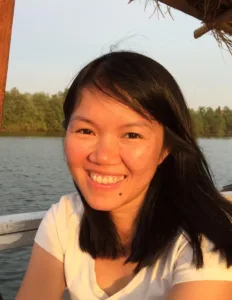Cambodia
Study Abroad in Cambodia
Have you ever wanted to explore towering ancient temples, take a tuk-tuk through a bustling market town, meet with a group of Buddhist monks, listen for the hauntingly beautiful call of a pileated gibbon, or observe endangered Asian elephants?
Whether you’re an experienced traveler or looking for your first trip to another country, studying abroad is an important component of your college career. Living abroad gives you the opportunity to explore new places and learn about different cultures, gaining important global perspectives, discovering new things about yourself, and building lifelong friendships.
Our programs in Cambodia take place in the country’s freshwater ecosystems, dense forests, highlands, and temples. Courses and fieldwork focus on key environmental issues faced here such as environmental justice, biodiversity conservation, environmental policy, and climate change. With severe climate change impacts already visible, Cambodia is a case study in resilience. Adaptation and collaborative conservation efforts are necessary for the people of Cambodia to ensure food security and limit biodiversity loss in a time of rapid development. Our research here examines these efforts on the ground and provides data to support a path toward a more sustainable future for Cambodia.
Programs
Environmental Justice and Mekong Ecologies
See Program Costs
Program Costs
- Tuition
- Room & Board
- Total
Elephants of Southeast Asia
See Program Costs
Program Costs
- Tuition
- Room & Board
- Total
Where You'll be Living
Our most urban center lies on the outskirts of Siem Reap, near the famed temples of Angkor. The Center is a breezy, modern campus nestled in a quiet neighborhood minutes away from the bustling downtown area where you will find restaurants, artisan shops, markets, and many Cambodian cultural activities.
- Dorm living with air-conditioned, four-person bunkrooms
- Classroom building with library and balcony
- Student lounge with open loft and beanbag chairs
- Expansive open-air dining area, and on-site cooking staff
- Gyms and running routes in surrounding neighborhood
- Swimming pool, badminton court, and hammock bungalow
PRogram Costs
Study abroad is an investment in yourself – you’ll return home with new experiences, skills, knowledge, and friendships that will stay with you for the rest of your life. SFS program costs cover a variety of expenses, including:
- Pre-program advising and on-site orientation
- Tuition and research fees
- Housing at the field station and on excursions
- Daily meals and snacks
- Airport transfers (for arrival/departure)
- Field excursions and cultural activities
- Student success and wellness team on site
- 24/7 mental health and well-being support
- Emergency evacuation and repatriation insurance
- Official transcript processing
Financial Aid
We know cost can be one of the biggest barriers to studying abroad. At SFS, we’re committed to making our programs accessible to students which is why we award a generous amount in need-based financial aid each year. Our Admissions Team has worked with thousands of students and are here to answer your questions about the SFS aid process, aid available through your home school, and funding from external sources.
SFS Financial Aid: Need-based aid packages typically consist of a combination of scholarships, grants, and zero- and low-interest loans. SFS matches Federal Pell Grant funding for students applying to an SFS semester program.
Home School Aid: Be sure to ask your home school study abroad office or financial aid office what financial aid resources might be available to support your study abroad experience.
External Funding Opportunities: Organizations such as the Fund for Education Abroad or the Gilman International Scholarship Program award scholarships to students going abroad. These can be a great opportunity to reduce the cost of your program even more.
Research
Research at the SFS Center for Environmental Justice and Mekong Ecologies covers a diverse array of topics – from the impacts of climate change on local communities and ecosystems to the transfer of traditional ecological knowledge. Students and faculty work with government partners, community members, Indigenous groups, NGOs, and other key stakeholders. Our faculty and students seek to analyze and develop strategies to assess species richness and support conservation initiatives in Cambodia.
Our research focuses primarily on the following themes:
- Environmental justice
- Climate change impacts
- Elephant ecology
- Traditional ecological and medicinal knowledge
- Biodiversity conservation
- Environmental anthropology
- Influences of Buddhism on conservation
Community
SFS is an active part of the Siem Reap community, where we have been based since 2014.
We have built long-term, collaborative relationships in the communities around the Center. We developed our research plans based on the environmental issues that the community and surrounding ecosystems face. Throughout the program, students collaborate with local students at the Paññāsāstra University of Cambodia (PUC), take a short homestay in a floating village, visit bustling markets, and attend festivals.
At the end of each semester program, we host a Community Research Night where select students will present their research findings to the community. SFS research data is shared with the community, local NGOs, and the Cambodian government.
